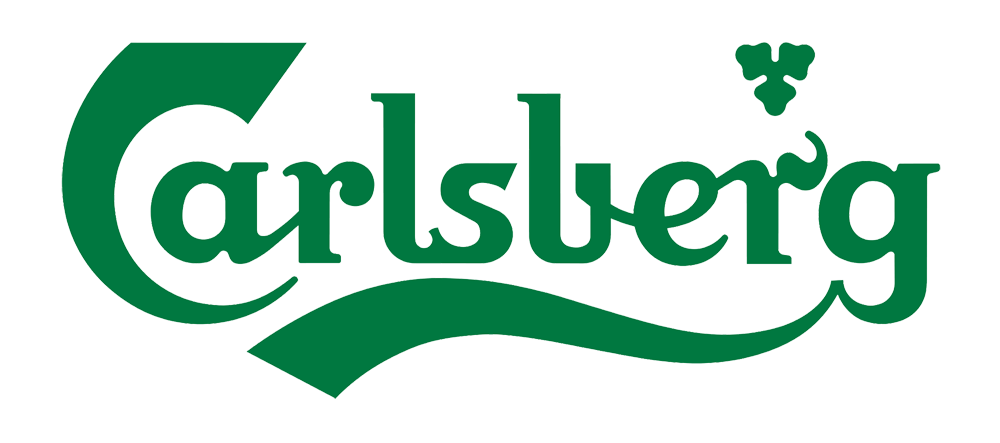Carlsberg UK runs a fleet of 296 vehicles, covering over 8.5 million miles every year and delivering to around 13,000 accounts every week.
Energy Saving Trust recognises those fleets where efficient driving is seen as business as usual. Carlsberg’s commitment to reduce the environmental impact of their logistics services enabled them to win the Ecodriving category of the 2015 Energy Saving Trust Fleet Hero Awards. The proactive approach adopted by Carlsberg showcases the best example of ecodriving.
Challenge
Carlsberg’s environmental policy underlines the importance of sustainability and continuous improvement in every aspect of business operation. Logistics contributes significantly to Carlsberg’s emissions therefore the company wanted to reduce the fuel cost and emissions generated by their vehicles, all of which are 7.5 tonnes or above, mostly 26 tonne rigid trucks.
Process
Energy Saving Trust conducted a Green Fleet Review for Carlsberg in 2007. The review identified quite a few areas for improvement in company’s fleet including, vehicle choice, mileage management, and driver performance.
Driver training and driver awareness communication campaigns were amongst the recommendations especially emphasised to improve fuel economy.
In 2011 Carlsberg introduced Microlise, a telematics system which monitors drivers’ performance on a daily basis and gives live updates via a web portal. Microlise provides an overall A to G rating for efficiency to each driver and detailed feedback on different aspects of driving so drivers know what they are doing right and wrong. The rating is used to create league tables and as the basis for incentivising efficient driving.
Carlsberg puts great emphasis on driver engagement and empowering drivers to improve their performance. Telematics reports, used in
conjunction with driver de-briefing, education and training, encourage drivers to reduce over-revving, harsh braking and speeding violations and eliminate unnecessary idling. They also encourage the appropriate use of cruise control & brakes and generally promote safe and economical driving.
The management team combines results from telematics with rigorous analysis of other driver performance data such as tachograph infringements, endorsement points and accident rates to assess how individual drivers are performing. High risk drivers are put on to tailored performance improvement plans, which include performance discussions, additional classroom and on-road training.
Carlsberg are an accredited supplier of driver Certificate of Professional Competence (CPC) courses employing three logistic support trainers to provide this training, which includes seven-hour ecodriving courses.
Throughout Europe, drivers of vehicles over 3.5 tonnes are required to undertake at least 35 hours of CPC training every five years. Carlsberg drivers average five days training every year: far more than both the legal requirement and the industry average. Carlsberg’s Driver CPC course has been recognised, winning the Training Award at the Motor Transport Awards in 2013.
Fuel consumption, CO2 emissions and vehicle mileage are tracked on a monthly report that allows Carlsberg to calculate fuel and CO2 emissions saved as a direct result of driving style improvements.
Results
Carlsberg has made incredible progress in promoting ecodriving since Energy Saving Trust first conducted their Green Fleet Review back in 2007. Carlsberg has saved 502,549 litres of fuel, £568,687 and 1,346 tonnes of CO2 since 2011. These savings reveal large improvements in 2011 and 2012 when Microlise was first introduced, but also consistent annual improvements continuing up to the present time.
Carlsberg are also at the forefront of accident reduction. The company has reduced and held their insurance premiums for the last three years, reducing their loss ratio (a measure of the average cost of accidents per vehicle) from 68% to 51%. This improvement is attributed to the introduction of telematics and the system of driver profiling and management.
The company has made fuel efficient driving the ‘cultural norm’ within the organisation. Steve Hammond from the Carlsberg Torquay depot adds: “With what I have learnt from CPC, I now save fuel in my own car. I am an old school driver but this training has helped me improve my driving style so that I save fuel for the company every day that I drive.”
“The commitment of drivers to improve their driving style since the introduction of telematics has been astounding. By challenging themselves to reach that ‘A’ they have provided the lion’s share of the fuel savings and accident reduction. We wouldn’t have done this without total buy-in from the drivers, so it’s a big thanks to them.”
Philip Thompson, UK fleet manager, Carlsberg
